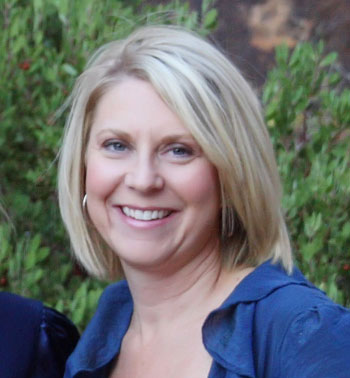Family Views, February 2014 – by Michelle Hensman
From the time we accept responsibility for our little darlings we want nothing but the best for them. We devote our lives to making sure their experiences are both enduring and valuable. We recall our own experiences and use them as lessons to teach our children what to do and what not to do. We believe these children of ours will be outrageously successful because they will listen, learn from and retain all the knowledge we share, from our greatest victories to our most miserable defeats. They will not have to make the same mistakes we made because we will be there to save them. If you’re a doting new parent, I don’t want to burst your bubble, but I will, because misery loves company and it’s kind-a like my job here!
Unfortunately, the formula to create a well-rounded, knowledgeable human is not so simple. The twisted irony of parenting is that despite all the experiences of everyone whoever came before us, humans rarely learn long-term lessons from well-intended advisors, regardless of who they are or the consequences looming overhead; if you’ve ever dealt with a defiant toddler or a hell-bent, determined teenager, you know what I’m talking about. On the contrary, errors, both large, small and everything in-between are sometimes necessary for important life lessons to penetrate the beautiful, but thick and ductile brain of our children.
It doesn’t feel natural for us, the once doting parent who made the above commitment to that tiny infant sleeping so safe and peaceful in our arms, to sit back and watch their child struggle, make a mistake or even get hurt. Unfortunately, sometimes that’s what’s necessary for growth. I think parents, myself included, have become too consumed with everything being so perfect for our children that we fail to see the benefit of lessons that can only be learned from failure… that’s why it’s called tough love.
So what do we do? Are we supposed to sit back and do nothing while they hurt themselves or screw their lives up? Yes and no. There are a variety of parenting philosophies out there ranging from, “Kids are beautiful, everything they do is perfectly aligned with the universe, so just let them be” to “Kids need to be wrapped in bubble wrap and sprayed down with hand sanitizer!” I prefer a more moderate, less intense approach; make it very clear what the ramifications of their action may be. And here’s the most important, most critical, most difficult part: follow through. Regardless if it’s within our control or not, we need to allow the consequence to proceed, without interfering; other than to offer guidance and support and a loving, “I told ya so!” thrown in for good measure doesn’t really hurt.
We should try not to regard a decision to do something their way as an act of disrespect or defiance, but rather as taking steps, or sometimes strides, towards autonomy. It’s also an opportunity to teach our children how to handle a situation when it doesn’t go as expected; in fact this mentoring process enhances trust. To quote an amazing mother of four grown children, “Right, wrong or indifferent, they always need to know that I’m there for them; no matter how old they are or what happens, they know who to call.”
Certainly no one wants to see their child fail. We worry about their safety, their future and their self esteem. But we do want them to be self-reliant, determined adults who have the courage and confidence to take on the world. And when, not if, but when things go wrong, we want them to proceed with confidence and know they have the ability to turn things around and carry on.
It should go without saying that this is my opinion based on my experience and education in the Human Development Family Science field, should a child/adolescent present a danger to themselves or others or you suspect they are engaged in criminal activity or if their defiance is risky and habitual, please intervene and seek professional guidance.
Posted January 31, 2014


 Michelle Hensman lives in Jacksonville and writes a blog about parenting called Family Views.
Michelle Hensman lives in Jacksonville and writes a blog about parenting called Family Views.
Good article. It would be nice if our children came with a manual and we knew what the end result of their up bringing would be. I’m glad we are all in this together. With the way most if us have blended families, “tough love” is what has to be used with the best of our judgement. Not all choices we make are to our child’s liking, but, we do what we think is best at that time in our lives. Just remember readers, God makes no mistake in putting us where we are with the family we are with. My journey has had plenty of rough moments itself. All I know is that God knows what he’s doing and actually, it’s been pretty good so far. Looking forward to what is to come. Thanks for the information. God bless you and your readers.